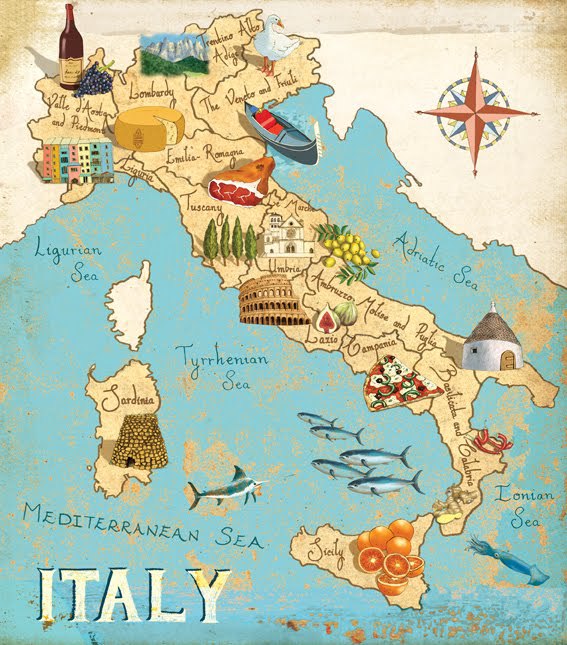Italy Visa: what it is and all available types
Italy Visa is essential to transit or to stay in the so-called “Bel Paese”.
Foreigners shall necessarily make use of the entry visa, namely an authorisation issued by the Ministry of Foreign Affairs and its network of diplomatic-consular Offices on the basis of the assessment of the requested essential conditions.
Practically, the Italy Visa shall consist in a self-adhesive label to attach on the passport or on an equivalent document.
The foreigner, who is already resident in a Schengen State and is holder of a resident permit, shall be exempt from visa for visits not longer than 3 months.
In accordance to the Convention implementing the Schengen Agreement, visas are divided into three categories:
- Uniform Schengen Visas (USV), which are valid for the entire territory of the contracting parties. They are issued for the purpose of airport transit (type A) and short-term stays or up-to-90-day trips (type C), with one or more entries.
- Limited Territorial Validity Visas (LTV) are valid only for the Schengen State whose Foreign Agency issued the visa, without any possibility of entry in the territory of the other Schengen States, not even for transit. They may also be issued for airport transit purpose (type A), or for short-term stays or trips (type C).
- Long sojourn or National Visas (NV) are valid for stays longer than 90 days (type D), with one or more entries, in the territory of the Schengen State whose Foreign Agency issued the visa. Long sojourn visa holders are entitled to a resident permit in Italy with identical reason to the one mentioned on the visa.
The inter-ministerial decree no. 850/2011 has classified 21 types of entry visa namely: Italy tourist visa, adoption, business, medical care, diplomatic, sport competition, invitation, independent work, subordinate work, mission, family reasons, religious reasons, re-entry, elective residence, research, study, airport transit, transit, transport, working holiday and volunteer work.
Italy Visa: how to apply?
The Italy Visa application shall be submitted to the embassy or the Italian consular office of the non-EU citizen's country of origin or permanent residence. The application form shall include: details of the person concerned and any accompanying family members; passport (or any other equivalent document) information; place, reason and duration of the visit.
For the issue of the permit the foreigner shall also provide evidence of the following: purposes of the visit; having the necessary financial means to cover the visit and the repatriation (through providing evidence of money, bank guarantees, insurance policies and return ticket), and also having a suitable accommodation during the stay on the National territory.
The national entry visa is issued within 90 days from the request, once the needed Italy Visa requirements are verified.
This term changes in case of Italy work visa, it is reduced to 30 days for subordinate work visa and increases to 120 days for independent work visa.
Should additional checks be necessary, the term under discussion is extended.
Together with the issue of the Italy entry visa, the Italian diplomatic or consular authority delivers to the foreigner a written notification, which is drafted in a language he can understand or, if absent, in English, French, Spanish or Arabic, and which explains the foreigner's rights and obligations in regard to the entry and stay in Italy.
Italy Visa: what to do if your request denied?
In case of rejection of the application for the Italy Visa, the concerned party shall be notified by written decree, drafted in a language he can understand or otherwise in English, French, Spanish or Arabic. The decree of refusal shall also include information on how to appeal.
The decree of refusal of the entry visa may be appealed before the TAR Lazio (i.e. Lazio Regional Administrative Court), appeal to be lodged within 60 days from the receipt of notification of decree and to be notified directly to the Legal Council of State.
Only in the case of refusal of family reunification or accompanying family member visas, the eventual appeals may be lodged to the competent ordinary Court without limits of time.
Finally, it should be noted that reasons shall always be given whenever a decree of refusal of the Italy entry visa is imposed.
Would you like to receive further information about the Italy Visa? Contact us.


